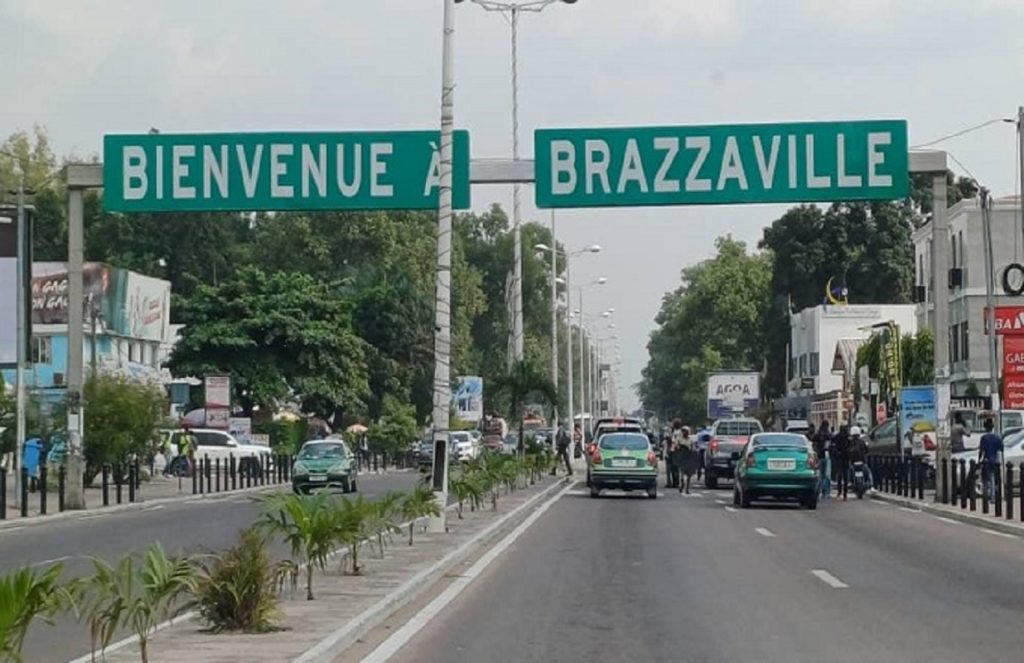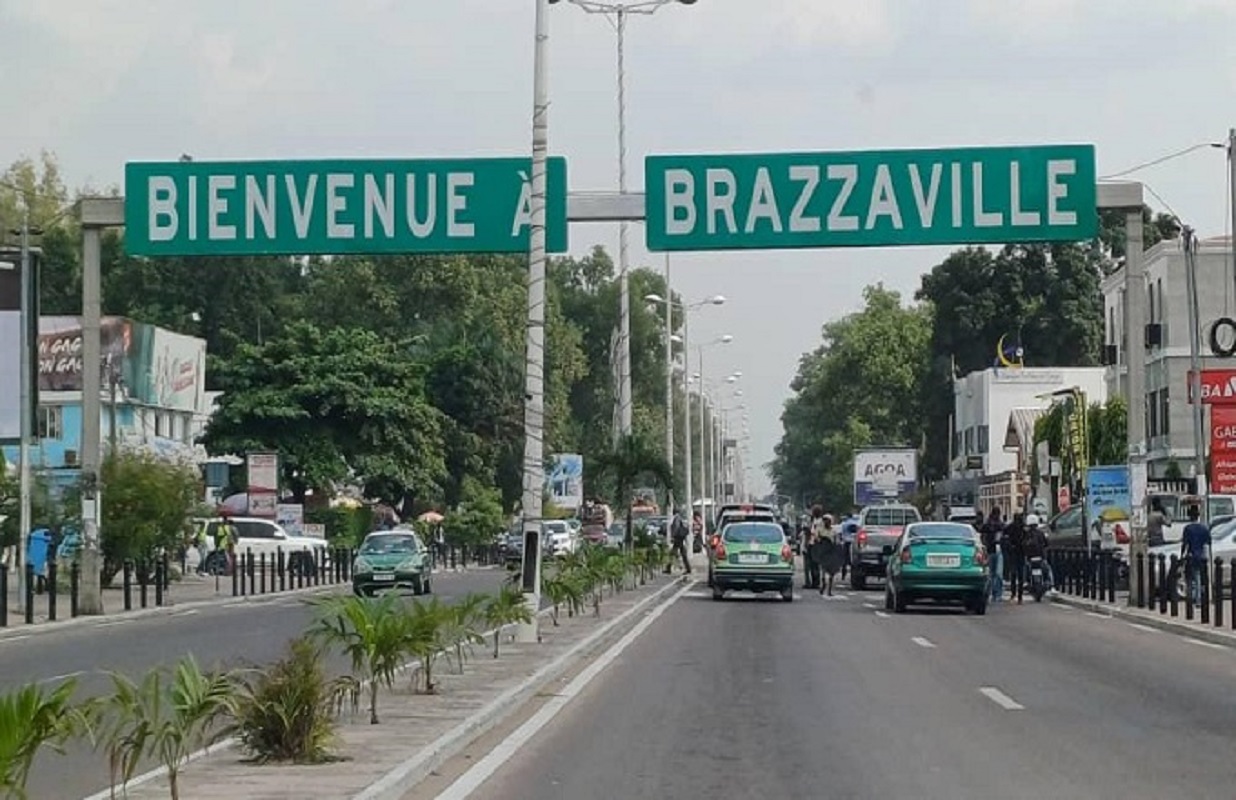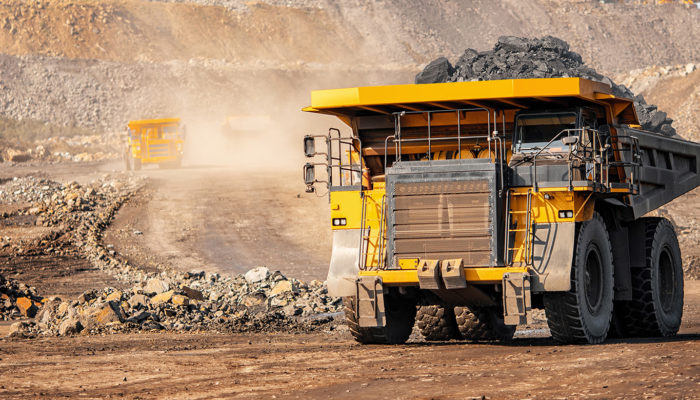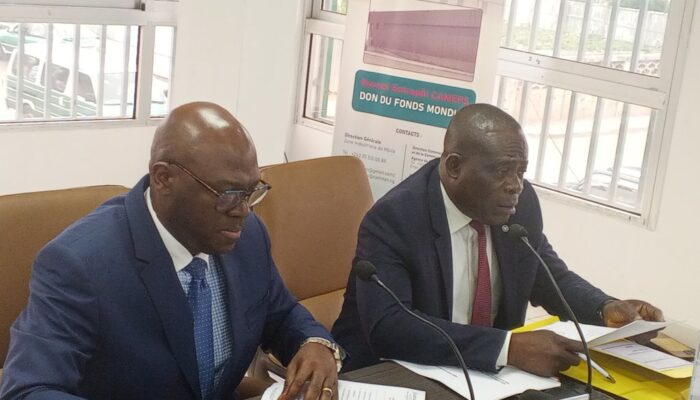The recovery of the Congolese economy continues with a growth rate of the gross domestic product (GDP) estimated at 3.5% this year, against 1.9% in 2023. Congo can count on the performance of the oil sector but the situation remains volatile, warns the World Bank (WB).
The positive growth curve is progressing mainly thanks to oil activities up 4.2%, as well as the non-oil sector (+3.5%). However, this recovery remains fragile mainly due to the instability of oil production, insisted, on August 13, the WB experts during the presentation of the eleventh monitoring report on the economic and financial situation of the Republic of Congo, whose theme is entitled “Designing effective fiscal instruments for sustainable forestry and economic growth”.

Experts have highlighted the inflationary pressure that remains high at 4.3% last year. The surge in prices of basic necessities has increased, according to Vincent Tsoungui Belinga, one of the authors of the report, following the withdrawal of fuel subsidies and those of the transport sector. The cocktail of inflation, rising debt, and economic fragility has had repercussions on the purchasing power of the population. Serious food insecurity now affects 59% of the population, detailed this expert, while widespread poverty persists with nearly one in two Congolese living on less than $2.15 per day.
The Bretton Woods institution has proposed some possible solutions to enable the country to get back on its feet. ” The report recommends measures to be implemented in the short term to get the Republic of Congo out of its over-indebtedness, which remains a major challenge for the country. Long-term measures must also be implemented to accelerate the development of human capital and strengthen governance and institutions, in order to diversify the economy and support growth ,” insisted Louise Pierrette Mvono, the WB resident representative in Congo.
The forestry sector is considered the most promising to consolidate growth and sustainable development. With a deforestation rate considered low and stable, Congo has undertaken important forestry policy reforms to strengthen sustainability, including a new forestry code promulgated in 2020. The authorities are called upon to adapt the fiscal framework of the forestry sector to its current evolution.
Congo can experiment with climate-smart tax revenue instruments. These new tax means cover, explained expert Chris Bermert Katindi Milindi, tax rates on the sustainability of timber production methods, such as the “bonus-malus” system.






